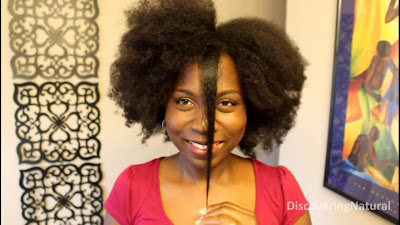What Health Issues Cause Hair Loss On Edges
Hair loss along the edges, also known as receding hairline or "edges," can be caused by various factors, including:
1. Genetics: A family history of hair loss, particularly male or female pattern baldness, can contribute to receding hairlines.
2. Hormonal Changes: Hormonal imbalances, such as those associated with pregnancy, childbirth, menopause, or conditions like polycystic ovary syndrome (PCOS), can lead to hair loss.
3. Alopecia Areata: An autoimmune disorder that causes hair follicles to be attacked by the immune system, resulting in hair loss, including along the edges.
4. Stress: Chronic stress can disrupt the hair growth cycle and lead to thinning hair or receding edges.
5. Hairstyling Practices: Tight hairstyles (e.g., braids, ponytails) that pull on the hair and scalp, as well as the use of heat styling tools, can cause hair breakage and lead to receding hairlines.
6. Nutritional Deficiencies: Inadequate intake of essential nutrients, such as vitamins and minerals, can impact hair health and contribute to hair loss.
7. Medical Conditions: Certain medical conditions, like thyroid disorders, scalp infections, and skin conditions (e.g., psoriasis), can affect hair growth and potentially lead to receding edges.
8. Medications: Some medications, including those used for cancer, arthritis, depression, heart problems, and high blood pressure, may have hair loss as a side effect.
9. Chemical Treatments: Harsh chemicals used in hair treatments, such as relaxers and dyes, can weaken hair and contribute to hair loss.
To learn more about how to Avoid Hair Loss, click here.
For more information on how to grow your hairline, click here.
It's important to consult with a healthcare professional or dermatologist to determine the underlying cause of your hair loss and receive appropriate treatment.
If you want one on one help with your hair, you can use this link to contact me http://bit.ly/NaturalHairCoach




Comments
Post a Comment